Internet should become a lot more affordable in New York.
Governor Cuomo signed a new bill that caps prices at $20 for 200Mbps down and $15 for 25Mbps down for low-income customers.

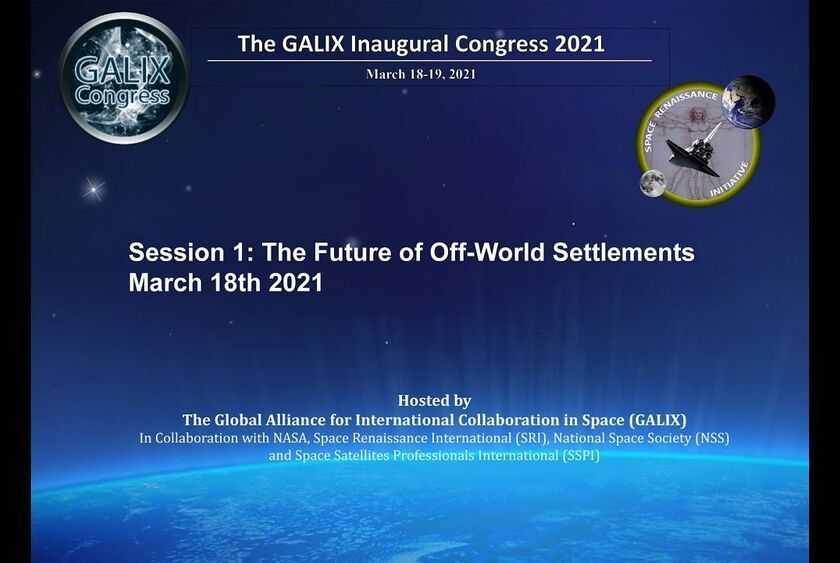
# Just 5 days left to upload an abstract to the SRIC3 Call for Papers! ## We need you to lead the Space Renaissance!
Choose among the following symposia tracks, all of them concurring to a coherent strategy for Space Settlement, kicking off the Civilian Space Development before 2025: * The immense social benefits of expanding Civilization into Outer Space * Civilization risk mitigation: space as the main Knight, defending humanity against the ‘Apocalypse’ multi-crisis * Global collaboration, working with Agencies, Companies, Space Advocacy Associations, United Nations and Governments of Planet Earth to promote Civilian Space Development and the 18th UN SDG * Space Safety: protecting human life and health in space, space debris recovering and reuse, space weather, defense from asteroids * Policies to Enable Communities Beyond Earth: technologies, financing, & Common Law * Earth orbit industrial development * The Moon and Cislunar development * Space Based Solar Power, feeding the Civilian Space Development * Greening the Solar System * Mars, the Asteroids Belt and beyond * A conceptual timetable for the founding steps of Space Settlement * Living, Sport, Art and Culture in Space, a Scifi futurologist–presentist narration * Congress Thesis 1 — Status of civilization and perspective of expansion into outer space * Congress Thesis 2 — A strategy to develop the Space Renaissance, towards 2025.

Web Space Renaissance

There’s an additional reason why international agreement and co-operation in the outer space domain is crucial: the peaceful use of outer space, as required by the Outer Space Treaty.
In October 2020, eight countries signed a NASA-led initiative called the Artemis Accords. These included the United States, Canada, Australia and Luxembourg. Notably absent were Russia and China, who have since agreed to collaborate with each other on space initiatives.
Legal issues about the ownership of space resources must urgently be addressed to avoid space wars over natural resources between superpowers like the U.S., Russia and China. This includes the legal status of the Artemis Accords. Ideally, it should be done before space mining starts.
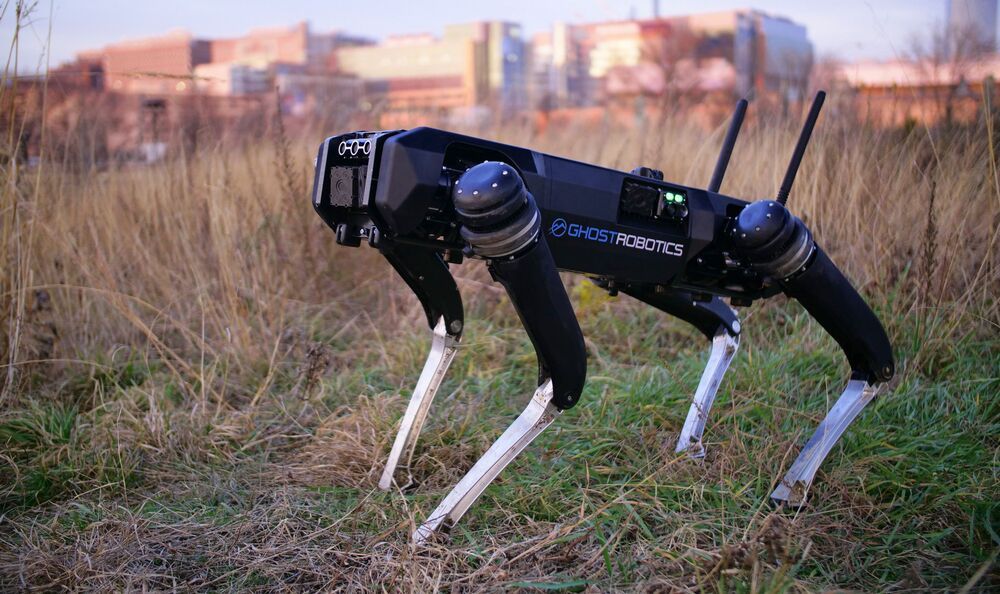
The company working on a militarized version of BD’s Spot. It looks like just a straight copy. Sadly, no FB page, and didn’t see any other robots on there besides this. I think some humanoid robot competition would be helpful.
© 2020 Ghost Robotics Corporation® Ghost Robotics & Logo are registered trademarks.
Privacy & Legal
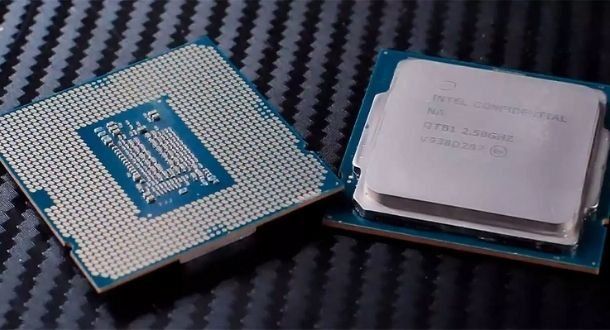
Cybersecurity specialists report that Intel is facing a class action lawsuit for violating an anti–wiretapping law in the state of Florida, US. The plaintiffs argue that the company hid software on its website that allowed it to record users’ keystrokes and mouse movements without their express consent.
This is a new case of practice known as session replay, used by multiple companies to take detailed records of how their users interact with their websites, involving the capture of mouse movements, clicks and information queries on the page visited.
Under the lawsuit filed in Lake County Circuit Court, Florida, Intel is violating the state Communications Security Act, enacted in 2020 and which, among other things, prohibits companies from intentionally intercepting any electronic communication without consent.
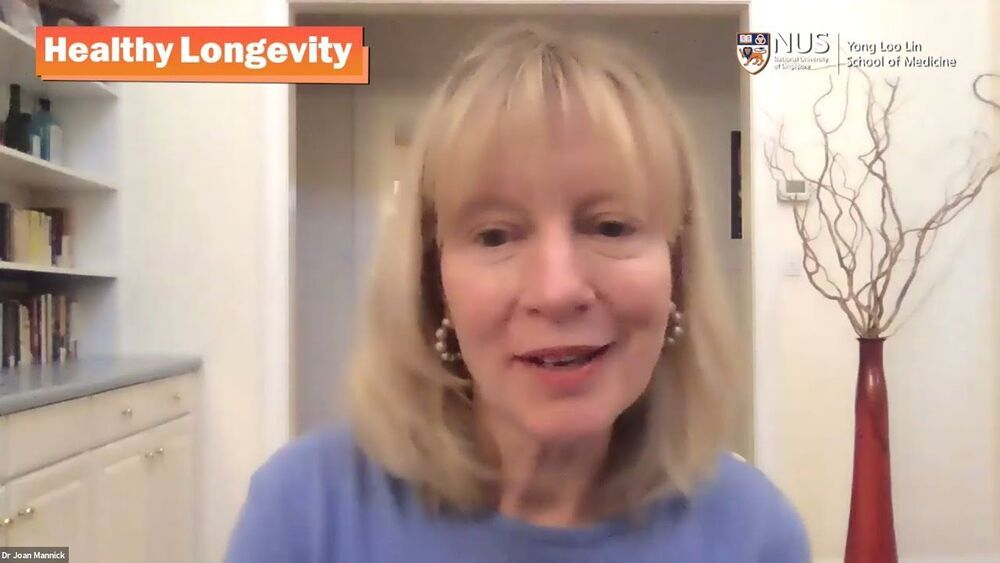
Dr Joan Mannick, Head of Research and Development at Life Biosciences, discusses the #geroscience approach in disease treatment and the exciting work being done at Life Biosciences.
#Ageing is the greatest risk factor for almost every chronic disease. Multiple studies have shown that ageing is a modifiable risk factor that can be targeted therapeutically.
In this week’s #HealthyLongevity #webinar session, Dr Joan Mannick, Head of Research and Development at Life Biosciences, discusses the #geroscience approach in disease treatment and the exciting work being done at Life Biosciences.
Register for the upcoming webinar sessions here: https://nus-sg.zoom.us/webinar/register/1816140491076/WN_ym1bHff2RwW1XI9jIwdXCA
#NUSMedicine #webinarseries
Disclaimer: The opinions and advice expressed in this webinar are those of the speakers and do not represent the views and opinions of the organizers and National University of Singapore or any of its subsidiaries or affiliates. The information provided in this webinar is for general information purposes only as part of a general discussion on public health. The information is not intended to be a substitute for professional medical advice, diagnoses or treatment; and cannot be relied on in place of consultation with your licensed healthcare provider.
All Rights Reserved.
All of the proceedings of this webinar, including the presentation of scientific papers, are intended for limited publication only, and all property rights in the material presented, including common-law copyright, are expressly reserved to the speaker or NUS. No statement or presentation made is to be regarded as dedicated to the public domain. Any sound reproduction, transcript or other use of the material presented at this course without the permission of the speaker or NUS is prohibited to the full extent of common-law copyright in such material.
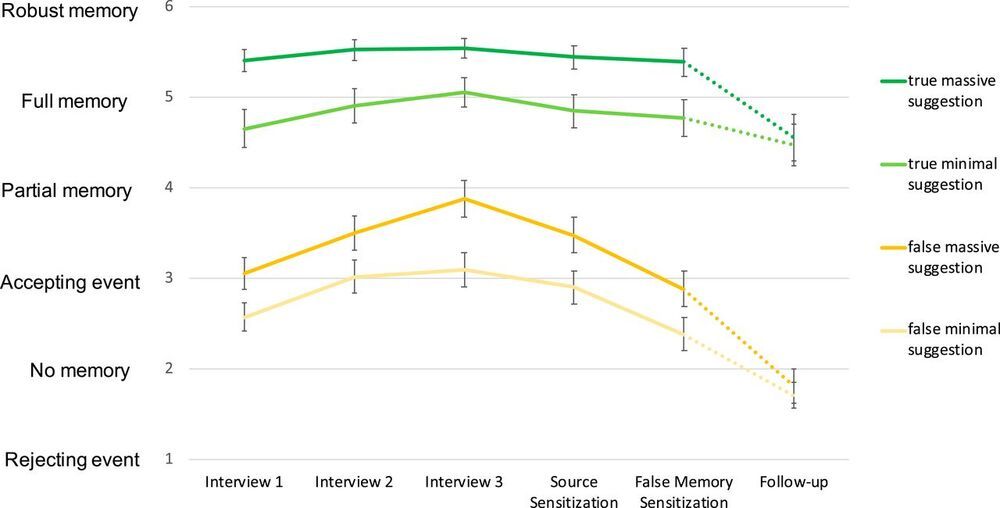
Human memory is fallible and malleable. In forensic settings in particular, this poses a challenge because people may falsely remember events with legal implications that never actually happened. Despite an urgent need for remedies, however, research on whether and how rich false autobiographical memories can be reversed under realistic conditions (i.e., using reversal strategies that can be applied in real-world settings) is virtually nonexistent. The present study therefore not only replicates and extends previous demonstrations of false memories but, crucially, documents their reversibility after the fact: Employing two ecologically valid strategies, we show that rich but false autobiographical memories can mostly be undone. Importantly, reversal was specific to false memories (i.e., did not occur for true memories).
Anonymized (.
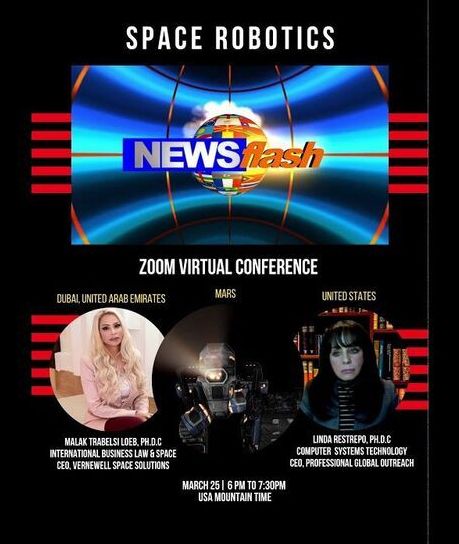
We invite you to join us for our talk with International Business Law & Space CEO Malak Trabelsi and Everette Philips.

Partners.
Banco Santander.
IBM
International Criminal Police Organization (INTERPOL)… See More
Cyberspace by nature has no borders, which allows criminals to launch their attacks from anywhere in the world, at any time. As legal parameters are unable to keep up with the pace of technological proliferation, the absence of international laws capable of restricting the actions of attackers regardless of their geolocation gives these criminals a sense of absolute impunity. To counter this effectively, there is an urgent need to start learning the basics of working together.
What is Cyber Polygon?
Cyber Polygon is a unique cybersecurity event that combines the world’s largest technical training for corporate teams and an online conference featuring senior officials from international organisations and leading corporations.
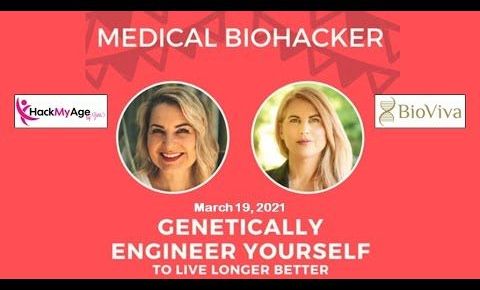
Long but annotated! Most important here is human data for specific treatments due out starting in May or June. And apparently they had a mouse study where they expected a paper due out already but other groups chimed in to help with more testing so there is a delay.
Liz Parrish, CEO of BioViva Science and patient zero of biological rejuvenation with gene therapies, is interviewed by Zora Benhamou on her fresh podcast “HackMyAge”.
During the conversation, Liz enters deep into the world of gene therapies, either to cure monogenic diseases, multifactorial genetic diseases, or the mother of all diseases: aging itself.
The conversation lasts for one hour and twenty minutes and has no waste. However, to go direct to certain themes use the following time marks:
0:00:00 Zora introduces the podcast: who is Liz Parrish and what the conversation will be about.
0:02:17 Liz Parrish begins her intervention in the podcast.
0:03:00 What is gene therapy and how Liz got involved in gene therapy applied to aging.
0:05:52 How Liz and her son are dealing with the treatment of type 1 diabetes.
0:08:05 How Liz got involved in becoming the first human treated with gene therapy to treat biological aging and what it means to go through gene therapy.
0:14:34 Current legal status of gene therapies and ways to get the treatment.
0:16:20 Current costs of undergoing gene therapies.
0:18:49 Why aren’t medical doctors applying gene therapies more than they actually are and what’s the role of medical tourism.
0:21:34 What prompted Liz to become the first patient to undergo gene therapy for biological aging.
0:25:25 How gene therapies compare with nutraceuticals and pharmaceuticals.
0:30:05 Why big pharmaceutical companies haven’t jumped into the field with more impetus.
0:33:20 How long will it take for gene therapies to become mainstream.
0:39:29 How gene therapies work and what is the experience for the patient that goes through it.
0:48:11 What can be expected from treating sarcopenia with gene therapy.
0:50:02 Where do the genes used in gene therapies come from.
0:53:12 What can expect someone who is treated with gene therapy to tackle dementia.
0:54:34 What are the major changes experienced by Liz in her blood markers since being treated.
0:56:38 When and how did Liz go through her gene therapies, not only for hTERT and Follistatin but also for Klotho and PGC-1alpha. What are the latter two all about?
1:02:15 How Liz envision the future of humans.
1:04:08 Liz comments on a coming paper BioViva is working together with Rutgers University.
1:05:38 Other studies in the pipeline.
1:06:45 Explanation of testing services and data storage offered by BioViva.
1:17:20 Liz on topical creams and/or small molecules for removal of senescent cells, and pills for telomeres lengthening.
1:19:16 Liz responds to “if you could meet your 20-year-old self what would you tell her”
1:20:03 What can people do to help Liz on her mission.
1:22:12 Resources to learn more about the future that is coming, genomics and gene therapy technology.
1:24:18 BioViva and Integrated Health Systems websites as well as social media sites where Liz and BioViva are actively present.
1:25:38 Words of farewell.
Websites:
HackMyAge: https://hackmyage.com/
BioViva Science: https://bioviva-science.com/
Integrated Health Systems: https://www.integrated-health-systems.com/